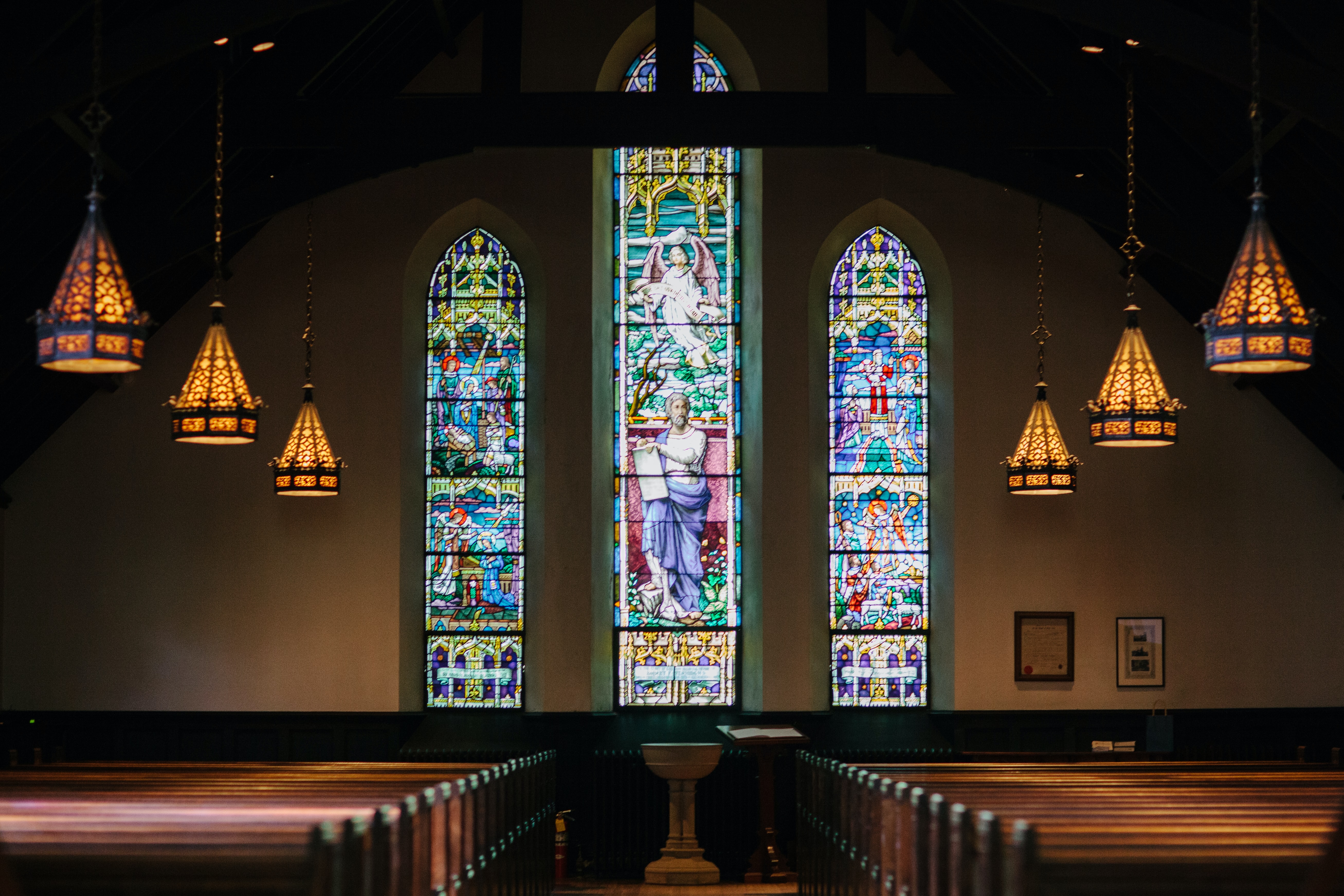![]()
In Dec. 2021, Josh Duggar, an individual who openly admitted to molesting five children during his teenage years, was found guilty of downloading and possessing child pornography. This long-standing case, with first arrests dating back to 2019, is coming to an end with Duggar facing up to 20 years in prison and fines up to $250,000 for each count. Amidst all this, his wife stands by him. The Duggars, a popular family among the Christian community, lead us to ask ourselves an important question: As Christians, how should we respond to similar instances of abuse?
Forgiveness, but not forgetfulness.
It is obvious that a central dogma of Christianity is that it is compassionate and merciful. Such forgiveness dominates the conversation of sexual abuse: As Jesus said in Matthew 5:44, “Love your enemies and pray for those who persecute you.” While forgiveness is an essential part of being a Christian and demonstrates emotional maturity, to act as if an offense never happened is more detrimental than helpful. Nevertheless, Christians are called to lift the burdens of those around us. The complex response the Church should give abusers includes holding the abusers accountable, maintaining Church accountability, and giving the rest to God.
Hold the abuser accountable
Sex offenders are extremely crafty. According to Christianity Today, sex offenders have been found to groom churches in an attempt to gain easier access to potential victims. When accusations of abuse are made, the most important thing is to trust the victim and allow a full investigation. According to National Sexual Violence Resource Center (NSVRC), false accusations of sexual abuse are rare: roughly seven percent of reports are false. While legal prosecution often appear the best way to resolve issues, it provides a good starting point. Such a starting point helped hold Josh Duggar accountable in the U.S. court of law.
Lou Cha, professor of Christian Ministry and Formation at John Brown University, said that the first step to healing for everyone involved in a sexual abuse case is for the abuser to admit what they did wrong. Cha also said that while there might be legal consequences for admitting to abusing others, without this first step neither forgiveness nor healing can take place.
Maintain church accountability
After an individual is found guilty of abuse and serve their prison sentence, welcoming them back to the faith might feel like the best move. However, spiritual renewal often needs to occur before allowing abusers back into the Church’s trust. In a Christianity Today article about sex abuse in the Church, Megan Fowler says that it is critical to know what to do when a sex offender walks in the doors of the church so that abuse does not continue.
In the article, Tony Silker, an associate pastor at the Christian and Missionary Alliance congregation, said that “People who live in our neighborhood know what it’s like outside of our doors, and they send their kids to us because they know we have procedures set up to deal with it.” Silker recommends that people who are still struggling with this type of sin attend specialized churches.
Other resources like Brotherhood Mutual, a Christian insurance company that provides church safety tools, suggests that the church should allow attendance on a preliminary basis, barring abusers from helping with children’s ministry.
Cha noted that there is a delicate balance the church must be aware of when creating a welcoming—and safe—environment for all people of faith. “As a Church, we want to see the repented abusers grow,” she said. “The worst thing we can do as a church is to stigmatize people who have committed awful things. Cha said that these people often feel ostracized or marginalized from the church creating what she called “a cycle of brokenness.” Going on to say that the Church must navigate through a duality between showing forgiveness and preserving safety: “how do we [as a church] restore those who have sinned and heal the broken?” Cha said that the church could put measures in place to protect the congregation’s children, such as requiring background checks and stationing two adults in the children’s ministry rooms.
Give the rest to God
If the abuser has claimed to have changed, has made a public admission of sin and has submitted to the church’s delegation, nothing else can be done. As a Church, we should seek to become more like Christ. An individual’s past transgressions need to be acknowledged, yet they do not define who they can become in Christ. All that the Church can do is place its faith in God, trusting that what happens comes from his will. Nothing happens to one of his children that he does not allow.
Photo courtesy of Karl Fredrickson at Unsplash





